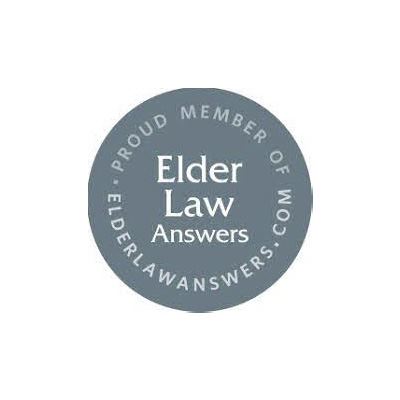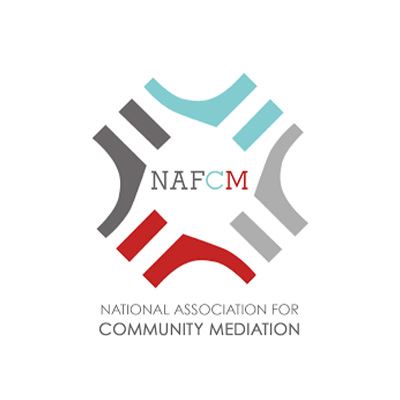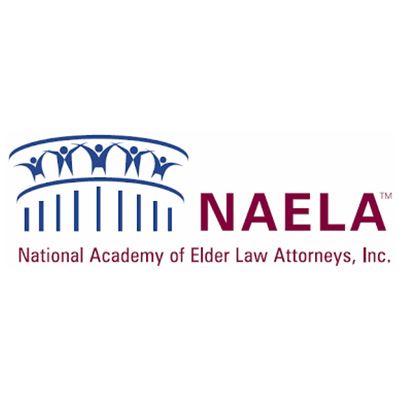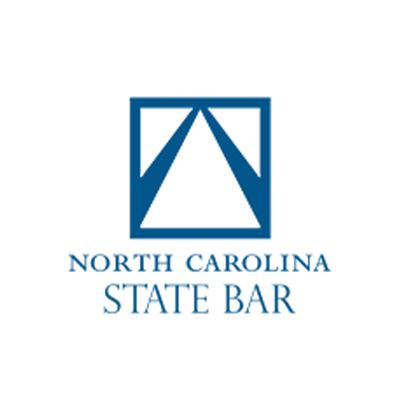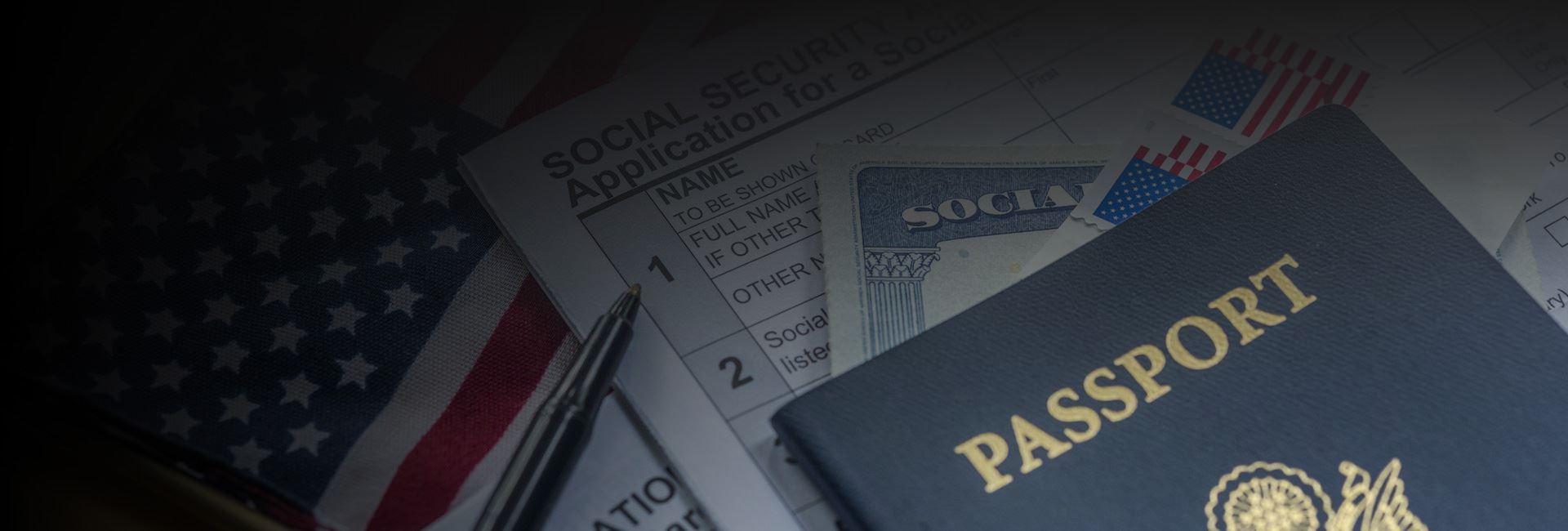
Charlotte Family-Based Immigration Attorney
Keeping Families United Through Immigration in North Carolina
Family-based sponsorship is the most common form of immigration or lawful permanent residency in the United States. A family-based visa is commonly known as a green card, which allows you to live and work permanently in this country.
You may be eligible to obtain permanent residency (green card) through a qualifying relative. The process starts with your relative filing a petition on your behalf that establishes the qualifying relationship.
Once your petition is approved, the Department of State will determine if an immigrant visa number is available to be assigned. If you are already in the U.S., you may then apply to adjust your status to a lawful permanent resident. If you are outside of the U.S., when the visa number becomes available, you must complete the immigration process through a U.S. consulate. In any immigration matter, it is in your best interest to discuss your situation with the Charlotte immigration lawyer at our firm so that you can put forth your strongest effort in achieving the immigration status you seek.
Contact the Law Office of Kelli Y. Allen, PLLC, today if you wish to apply for a family-based visa (green card). Call our family-based immigration lawyer in Charlotte at (704) 870-0340.
Discover Family-Based Visa Options Available in Charlotte
There are several different types of family-based immigration visas available, as well as several methods for obtaining a green card through the family-based immigration process. These include:
- Fiancé(e) visas
- Spousal visas
- Adjustment of status
- Conditional permanent residence/removal of conditions
- Parent/child petitions
- Sibling petitions
Eligibility for Immediate Relative Visas in the U.S.
You may be eligible to obtain permanent residency (green card) through a qualifying relative. The process starts with your relative filing a petition on your behalf that establishes the qualifying relationship. Immediate relatives can file form I-485, "Application to Register Permanent Residence or Adjust Status" at the same time as Form I-130, "Petition for Alien Relative", in filling out these forms it helps not only to petition but it also establishes the family relationship between you and your relative.
To qualify as an immediate relative, you must be the spouse, parent, or child of a U.S. citizen.
- If your petitioning relative is a parent, you must be unmarried and under the age of 21. Same-sex couples are eligible to apply under the same eligibility, and applications are processed the same as those of heterosexual couples.
- If your petitioning relative is a child, the child must be age 21 or older.
Unlike other family-based categories, individuals in the immediate relative category do not have to wait for a visa number to become available. Beneficiaries of an immediate relative petition also enjoy other advantages and are often eligible for adjustment of status (the process of becoming a permanent resident from within the U.S.) even if they have overstayed a visa or worked without authorization.
Complete Overview of Family Immigration Categories
The following are categories of foreign nationals who may qualify for a family-based immigrant visa (note: a child includes adopted children and step-children, as defined by the Immigration and Nationality Act):
- Family First Preference (F1) – You must be age 21 or older, unmarried, and have a child of at least one U.S. citizen parent.
- Family Second Preference (F2A) – You must be the spouse or unmarried child under age 21 of a lawful permanent resident.
- Family Second Preference (F2B) – You must be age 21 or older and the unmarried son or daughter of a lawful permanent resident.
- Family Third Preference (F3) – You must be the married son or daughter of a U.S. citizen.
- Family Fourth Preference (F4) – You must be the brother or sister of a U.S. citizen who is at least 21 years of age.
For each of the family preference categories, once the petition establishing the qualifying relationship is approved, the foreign national must wait for a visa number to become available in the appropriate category before applying for the immigrant visa or permanent residency. Each month, the Department of State publishes the Visa Bulletin, which states the priority date for each category. Some category dates differ depending on the country the foreign national is from.
Ready to Start? Contact Our Charlotte Immigration Team Now
Understanding Fiancé(e) Visas for Marriage Immigration
A fiancé(e) visa (also known as the K-1 Fiance Visa) is a combination of immigrant/non-immigrant visas. Its sole purpose is to allow a foreign national to enter the U.S. to marry. Within 90 days of arrival, the foreign national must marry his or her petitioning fiancé and apply for adjustment of status. If the marriage does not occur within 90 days, the foreign national must leave the United States.
To qualify for the fiancé(e) visa you will need to meet the following requirements
- The petitioner must be a U.S. citizen. (A permanent resident cannot file a fiancé(e) visa petition.)
- The couple must have met in person at least once during the two years before filing the petition.
- Both must be legally eligible to marry
- Each must have a bona fide (good faith) intention to marry the other if the visa is approved.

Whether you have questions or you're ready to get started, our legal team is ready to help. Complete our form below or call us at (704) 870-0340.
Conditional Permanent Residency and Removal of Conditions (I-751)
Individuals who gain permanent residency through marriage are granted conditional permanent residency because it is based on a marriage that is less than two years old. Conditional permanent residency is valid for two years. During the 90 days before the green card’s expiration, another petition must be filed to remove the conditions.
If the couple is still together, this petition is filed jointly. If the couple is separated/divorced, the foreign national may file alone. Regardless of how the petition is filed, the standard is the same. The petitioner must establish that the relationship was, at the time of marriage, and at the time permanent residency was granted, a bona fide marriage.
Contact Law Office of Kelli Y. Allen, PLLC
To discuss your situation with an experienced Charlotte family-based immigration attorney, contact our firm and request a consultation. We can provide you with clear, concise legal counsel and straightforward guidance tailored to your unique circumstances.
Call (704) 870-0340 or use our online contact form to schedule your initial consultation.

Real Testimonials, Real Cases
-
"Every member of the firm was great!"Anonymous
-
My experience with Kelli Y. Allen Immigration was great !
Jasmin S. -
"They treated us very well and made the process easy."E.L.


